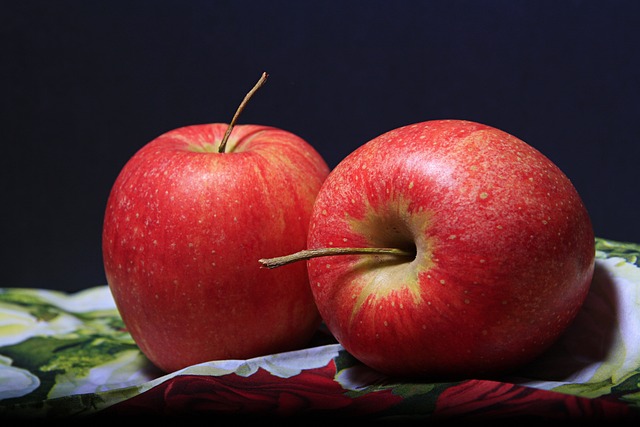Unlocking the Gut Health Secrets: The Power of Probiotics
The world of gut health has gained significant attention in recent years, and for a good reason. Our gut is home to trillions of bacteria, both beneficial and harmful. Maintaining a healthy balance of these microorganisms is essential for overall well-being, and one way to achieve this is by incorporating probiotics into our diet.
What are Probiotics?
Probiotics are live microorganisms that provide health benefits when consumed in adequate amounts. These friendly bacteria or yeasts are similar to the beneficial bacteria naturally present in our digestive system. By introducing probiotics, we can enhance the population of good bacteria, thereby supporting digestion and overall gut health.
The Benefits of Probiotics
The consumption of probiotics has been linked to numerous health benefits. Let’s explore a few:
Improved Digestion
When the balance between good and bad bacteria in our gut is disrupted, it can lead to various digestive issues such as bloating, gas, constipation, or diarrhea. Probiotics help restore this balance, promoting a healthy digestive system and improving overall gut health.
Boosted Immunity
Did you know that about 70% of our immune system resides in the gut? When our gut is populated with good bacteria, it strengthens our immune response, making us less susceptible to infections and diseases. Regularly consuming probiotics can provide a significant boost to our immune system.
Reduced Inflammation
Chronic inflammation is linked to numerous health problems, including autoimmune diseases and certain cancers. Probiotics have shown promising results in reducing inflammation and preventing the development of chronic inflammatory conditions.
Enhanced Nutrient Absorption
A healthy gut is crucial for absorbing nutrients from the food we consume. Probiotics optimize the digestion process, ensuring that our body can absorb essential vitamins, minerals, and other nutrients effectively.
Common Sources of Probiotics
Probiotics can be found in various food sources and supplements. Below are some common sources:
Yogurt
Yogurt is perhaps the most well-known probiotic-rich food. It is made from fermented milk by adding live cultures of bacteria, such as Lactobacillus or Bifidobacterium. When choosing yogurt, look for labels specifying “live and active cultures” to ensure you are getting the maximum probiotic benefit.
Kefir
Similar to yogurt, kefir is a fermented milk product that contains a diverse range of beneficial bacteria and yeasts. It has a tart taste and a slightly fizzy texture. Kefir can be consumed as is or used as a base for smoothies or salad dressings.
Sauerkraut
Sauerkraut is a type of fermented cabbage that provides a healthy dose of probiotics. It is made by finely shredding cabbage and fermenting it with salt. The fermentation process allows beneficial bacteria to thrive, making sauerkraut a great addition to your diet.
Kombucha
Kombucha is a fermented tea drink that has gained popularity in recent years. It is made by fermenting sweetened tea with a symbiotic culture of bacteria and yeast (SCOBY). Kombucha not only provides probiotics but also contains antioxidants and other beneficial compounds.
Choosing the Right Probiotic Supplement
In addition to food sources, probiotics are available in supplement form. When selecting a probiotic supplement, keep the following tips in mind:
- Look for supplements with a variety of strains: Different probiotic strains offer distinct benefits, so choosing a supplement that includes multiple strains can provide a well-rounded approach to gut health.
- Check for viability: Ensure that the supplement guarantees the viability of live bacteria until the expiration date. Some probiotics require refrigeration to maintain their potency.
- Consider colony-forming units (CFUs): CFUs indicate the number of viable bacteria present in a probiotic supplement. Look for a potency that meets your specific needs.
- Consult with a healthcare professional: If you have specific health concerns or are unsure which probiotic supplement to choose, it’s wise to seek advice from a healthcare professional.
Incorporating Probiotics into Your Routine
Adding probiotic-rich foods







